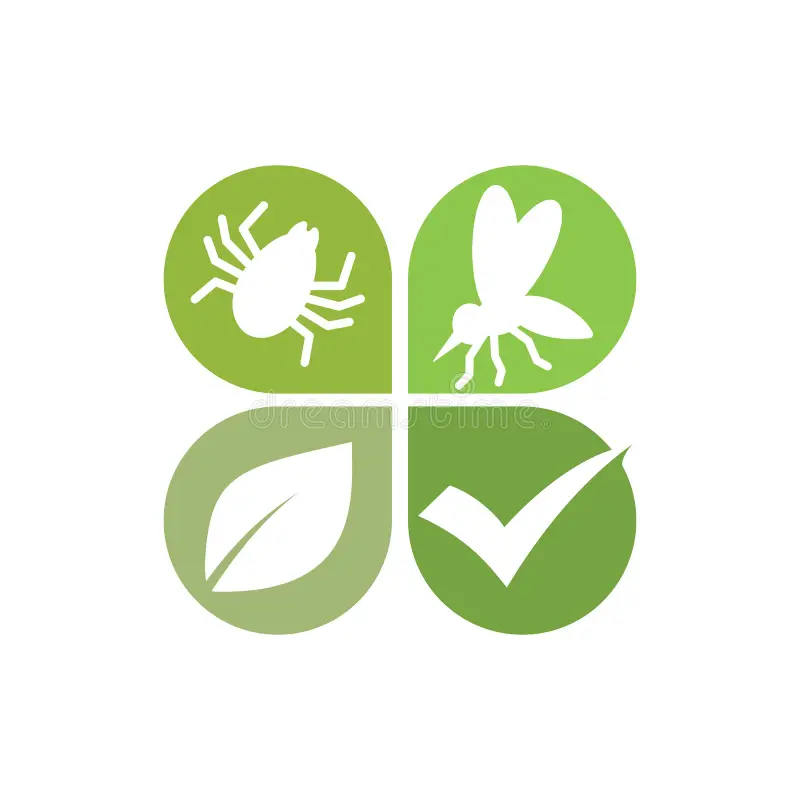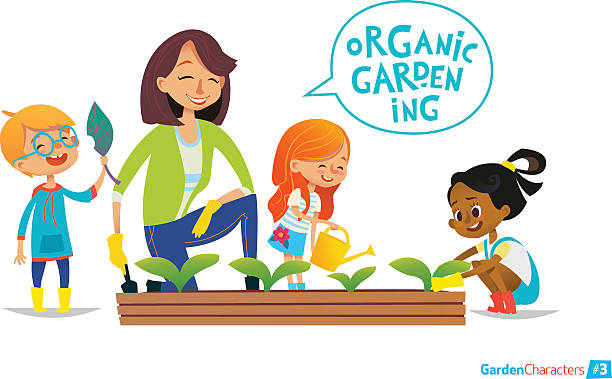
In this article, we’ll guide beginners through the essentials of organic gardening, emphasizing simplicity, sustainability, and the joy of watching your garden flourish.
What is Organic Gardening?
Organic gardening involves cultivating plants without the use of synthetic fertilizers, pesticides, or genetically modified organisms (GMOs). Instead, it relies on natural methods to enrich the soil, control pests, and promote overall plant health.
Essential Tools and Materials
1. Soil
Start with healthy soil. Opt for organic potting mix or compost-rich soil that provides the necessary nutrients for plant growth.
2. Containers or Garden Beds
Choose containers or designate an area for your garden. Ensure proper drainage to prevent waterlogged soil.
3. Seeds and Seedlings
Select organic, non-GMO seeds or seedlings from a reputable source. Consider easy-to-grow varieties for beginners, such as herbs, cherry tomatoes, and lettuce.
4. Basic Gardening Tools
Invest in essential tools like a hand trowel, pruners, gloves read more about eco-friendly options and a watering can – to make gardening tasks more manageable.
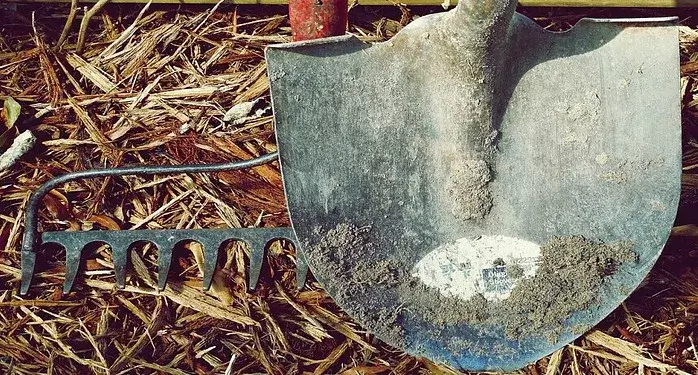
Planning your Garden
1. Sunlight
Most vegetables and herbs thrive in full sunlight. Choose a location that receives at least 6-8 hours of sunlight daily.
2. Companion Planting
Maximize space and enhance plant health by practicing companion planting. Some plants naturally complement each other and can help deter pests.
3. Watering
Establish a consistent watering routine. Water deeply, allowing the soil to absorb moisture. Be mindful of not overwatering, as it can lead to root rot.

Nurturing Your Organic Garden
1. Composting
Create a compost pile or bin to recycle kitchen scraps and yard waste into nutrient-rich compost. This natural fertilizer enhances soil structure and promotes healthy plant growth.
2. Natural Pest Control
Embrace natural pest control methods, such as introducing beneficial insects, using neem oil, or creating DIY sprays with ingredients like garlic and soap.
3. Weeding
Regularly remove weeds to prevent competition for nutrients. Consider mulching around plants to suppress weed growth and retain soil moisture.
4. Crop Rotation
Prevent soil-borne diseases by practicing crop rotation. Avoid planting the same family of crops in the same location year after year.
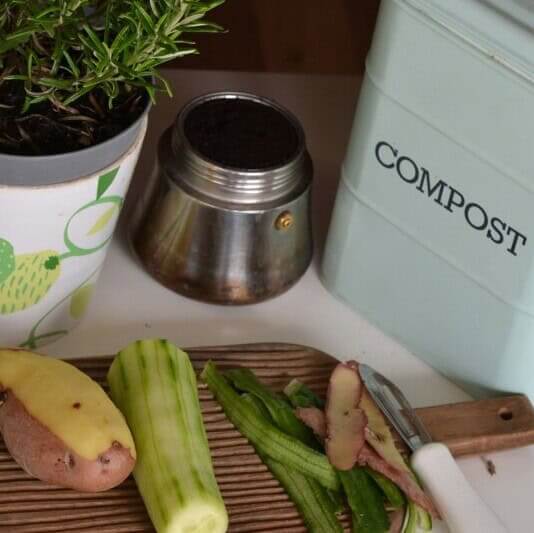
Harvesting and Enjoying the Fruits of Your Labour
1. Patience
Gardening requires patience. Allow plants to grow and develop at their own pace. Enjoy the process and the anticipation of a bountiful harvest.
2. Harvesting
Harvest fruits and vegetables when they reach maturity. Regular harvesting encourages continuous production and prevents plants from becoming overburdened.
3. Celebrate Your Success
Share the joy of gardening with friends and family. Whether it’s a small herb garden or a flourishing vegetable plot, take pride in your organic oasis.
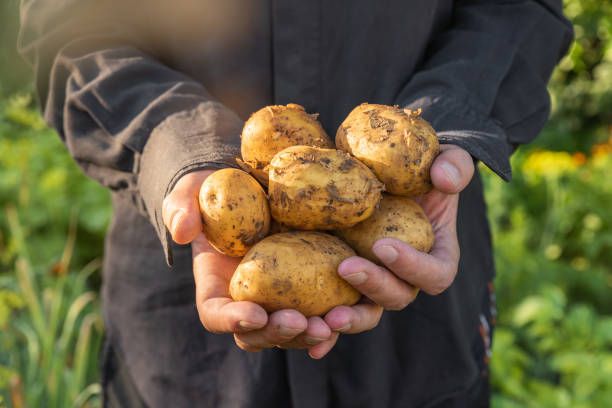
Embarking on the journey of organic gardening is not just about cultivating plants; it’s a step towards nurturing a harmonious relationship with nature. Whether you have a spacious backyard or a few pots on a balcony, basic organic gardening is a rewarding and sustainable way to connect with the earth.
Related Articles
Brought to you by Eco TIGA – Your Friendly Guide to Eco-Friendly Living

